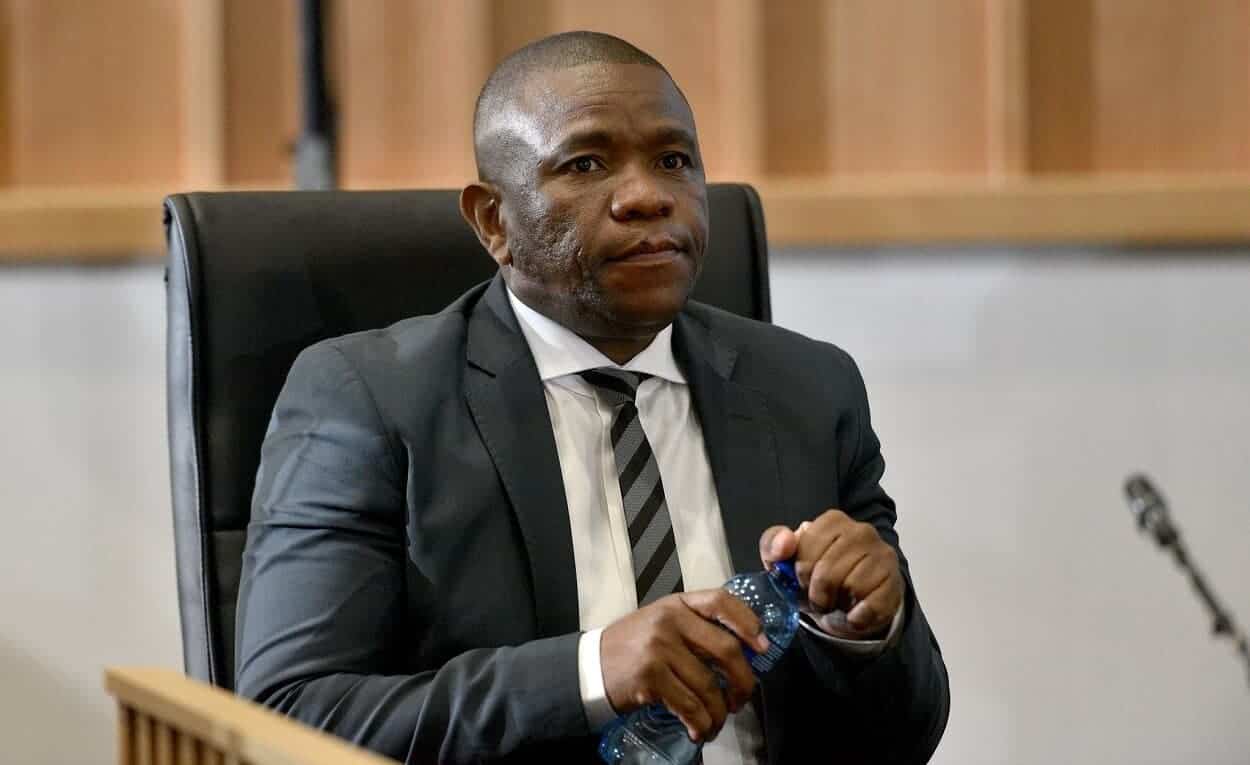Five of the 121 dockets taken from the task team were ready for arrests, said Mkhwanazi.

KwaZulu-Natal (KZN) police commissioner Nhlanhla Mkhwanazi has told the Madlanga Commission that five of the 121 case dockets that were taken from the political killings task team (PKTT) were ready for arrests. However, the arrests were not effected.
Mkhwanazi continued with his testimony at the Madlanga Commission at the Brigitte Mabandla Justice College in Pretoria on Thursday, where he provided further details on the task team.
He highlighted that the instruction to disband the task team was never officially communicated to him, and as a result, police officers continued with their work, though there was confusion about the future of the team.
“The instruction [to disband the task team] was not officially given to me. It would have been sent to the national commissioner, and the national commissioner did not communicate anything to me. What I know is that the team continued working; it never stopped,” said Mkhwanazi.
ALSO READ: Madlanga commission: Mkhwanazi pulls no punches, says Mchunu involved with criminals
“However, the number of members that were deployed in the team was reduced; the reason for the reduction might have been influenced by the budget, but the national commissioner is in a better position to explain what led to the reduction in terms of the number of personnel. There is a number of police officers who were thrown and went back to their stations, while others remained.”
Mkhwanazi on the 121 dockets
During this confusion about the future of the task team, on 26 March 2025, 118 ‘under investigation’ dockets investigated by the PKTT were handed over to Lieutenant General Khosi Senthumule on the instruction of Lieutenant General Shadrack Sibiya.
On 10 April 2025, three additional dockets still under investigation by the team were handed over to the South African Police Service head office in Pretoria on the instruction of Sibiya, making it 121 dockets.
ALSO READ: Madlanga Commission: Mkhwanazi warns criminal justice system risks total collapse
“My involvement in this is when I first received a briefing in May that the dockets are already in Pretoria. It was not explained that they went in batches; it was said 121 dockets are already in Pretoria, and when I asked who directed that, they said General [Dumisani] Khumalo was the one who ordered that the dockets be moved.
“The people who facilitated that move are in a better position to explain. My involvement is limited to the briefing I got. I got involved when the dockets were returned to KZN, which started with a meeting held between me, the acting divisional commissioner of detective services, General Khumalo and my deputy. Upon agreement, the dockets were signed back to the task team in the same form as they were handed over.
No investigation
Mkhwanazi said no further investigation was conducted on the dockets while they were in Pretoria. No action was taken, even on those who were ready for arrest.
“For the period when these dockets were handed over to the head office, five of them had instructions to arrest suspects. Those dockets sat among the total dockets in the head office, and those arrests were not effected.
“What is more troubling about this is that the head office detective services had conducted some inspection on these dockets. In their inspection, they would have seen, and they even confirm some of them through the entries that remain, that the investigation is complete on the dockets, and suspects should be arrested.
ALSO READ: Subpoena route against Mkhwanazi ‘not desirable’, ad hoc committee decides
“The least they could have done is to take the dockets and go and look for that suspect and arrest them. I would not know why it was not done; they are in a better position to explain. I believe it could be because they were not familiar with the case and content of the docket itself, so it was going to be difficult for them to execute and arrest on something they don’t necessarily know, based on an instruction from the prosecutor, because they are in volumes and there is a lot of information in those dockets.”






